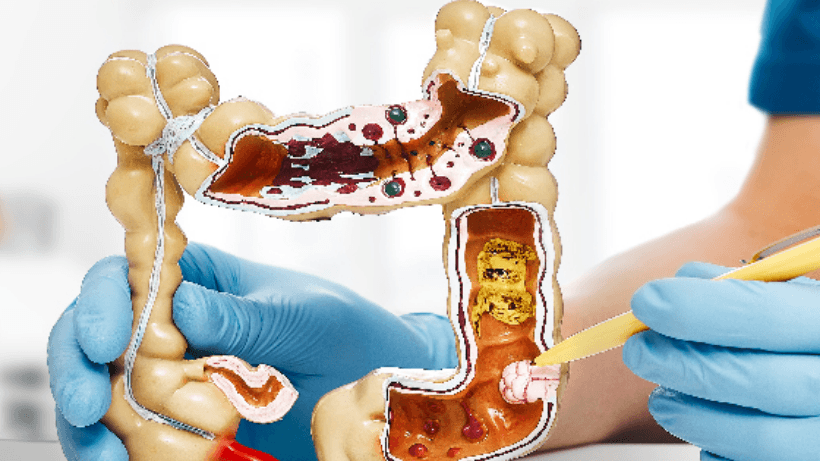
How To Beat Colon Cancer Naturally?
15 Apr, 2022
 Healthtrip Team
Healthtrip TeamOverview
Colon cancer is considered the third leading cause of cancer-related death in both men and women. But prevention is the key. And we take a few steps early on to lower our risks of developing colon cancer. If you or someone you know has been diagnosed with colon cancer or you are scrolling through the pages just for mere interest, this blog will guide you through a few approaches to prevent such cancer. Keep reading to know more.
Understanding colon cancer:
Polyps in the colon are common precursors to colon cancer. Colorectal cancer develops when a polyp becomes malignant and involves the rectum over time.
Most popular procedures in India
By finding and removing polyps, colorectal cancer can be avoided.
How can you beat colon cancer naturally?
Effective prevention has enormous potential to improve the overall health of an individual.
Wellness Treatments
Give yourself the time to relax
Lowest Prices Guaranteed!

Lowest Prices Guaranteed!
Here are the most effective techniques to avoid colon and rectal cancer.
- Put on a healthy weight- Weight increase and obesity have been linked to at least 13 different diseases, including colon cancer. If you've gained weight, a reasonable initial goal is to attempt to stop gaining weight - which has its own set of health benefits. Then, for an even bigger health gain, gradually aim to shed some pounds.
- Lead an active lifestyle- Regular exercise reduces the chance of numerous serious diseases, including colon cancer. Apart from the health benefits, it gives you a mental boost too.
Any quantity of physical activity is preferable to none, but it is best to aim for 30 minutes or more of moderate activity each day. Choose activities that you enjoy, such as brisk walking, cycling, dancing, or gardening.
- Avoid having red meat, and processed food too- Consuming too much red meat, such as hamburgers, and pork raises the risk of colon cancer. Processed meats, such as bacon, and sausage increase the risk even more. Try to limit yourself to no more than three servings each week. Even less is better.
- Add more fibres to your plate- A diet high in whole grains and fibre may reduce the incidence of colon cancer. However, most people do not get enough of it either. A basic goal is to consume three or more servings of whole grains per day, as well as 22 to 34 grams of fibre per day, depending on gender and age.
Concentrate on fruits, vegetables, legumes, and whole-grain meals such as 100% whole-wheat bread, whole-grain cereals, and pasta.
- Cigarettes and alcohol, say ‘no’ to these- Most individuals are aware that smoking increases the risk of lung cancer, but they are less aware of the link between smoking and colorectal cancer.
Moderate to moderate alcohol consumption has been related to an increased risk of colon and rectum cancer.
The evidence is often stronger for men than for women, but studies have revealed a link among both sexes.
Recommended Read - 18 Foods That Fight Colon Cancer
When should you seek medical help?
If you observe any of the following symptoms on a regular basis, see your doctor for a full examination.
-Changes in bowel habits
-An alteration in stool consistency
-blood in your feces
-discomfort in the abdomen
-unprecedented weight loss
-cramps
-fatigue
-Bowel emptying i.e insufficient
You should have a screening test to examine the health of your colon. If you have other risk factors, such as a family history of the disease, your doctor may advise you to get screened more frequently or earlier.
Also, read - Colon Cancer Symptoms and Causes
Why should you consider getting colon cancer treatment in India?
India is the most favoured place for cancer treatment operations for a few major reasons.
- India's cutting-edge techniques,
- NABH accredited hospitals
- Assured quality care
- medical skills, and
- Colon cancer treatment costs in India are among the best in the world, as our patients need affordable and quality outcomes.
All these have significantly increased the success rate of cancer treatments in India.
How can we help in the treatment?
If you are in search of a colon cancer treatment in India, we will serve as your guide throughout your treatment in India and will be physically present with you even before your treatment begins. The following will be provided to you:
- Opinions of expert physicians and surgeons
- Transparent communication
- Coordinated care
- Prior appointment with specialists
- Assistance in hospital formalities
- 24*7 availability
- Arrangement for travel
- Assistance for accommodation and healthy recovery
- Assistance in emergencies
We are dedicated to offering the highest quality health care to our patients. We have a team of highly qualified and devoted health professionals that will be by your side from the beginning of your journey.
Conclusion-By simply packing their medical journey to India, colon cancer treatment can substantially benefit the patient. We also offer a comprehensive range of counseling for coping with changes to our national and international patients as well.
Related Blogs
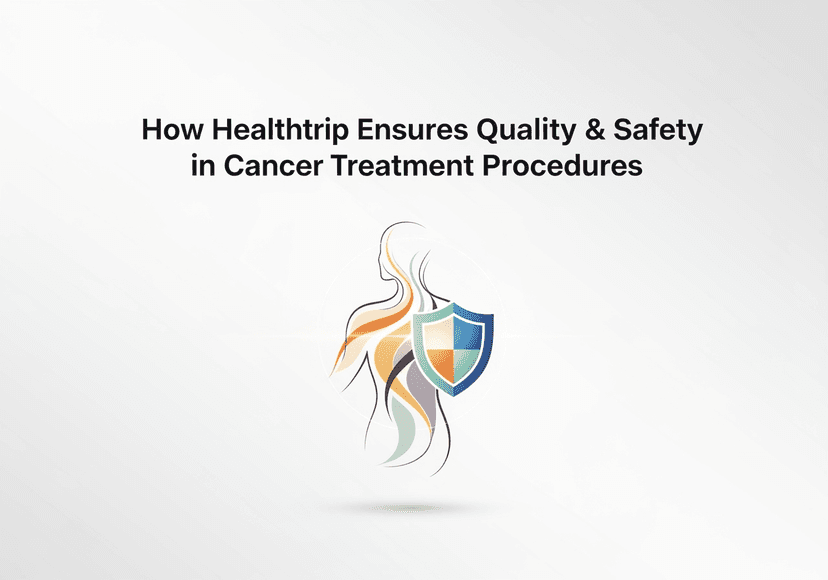
How Healthtrip Ensures Quality & Safety in Cancer Treatment Procedures
Detailed guide on cancer treatment, featuring doctors, hospitals, risks, recovery,

End-to-End Logistics for Cancer Treatment with Healthtrip's Support
Detailed guide on cancer treatment, featuring doctors, hospitals, risks, recovery,
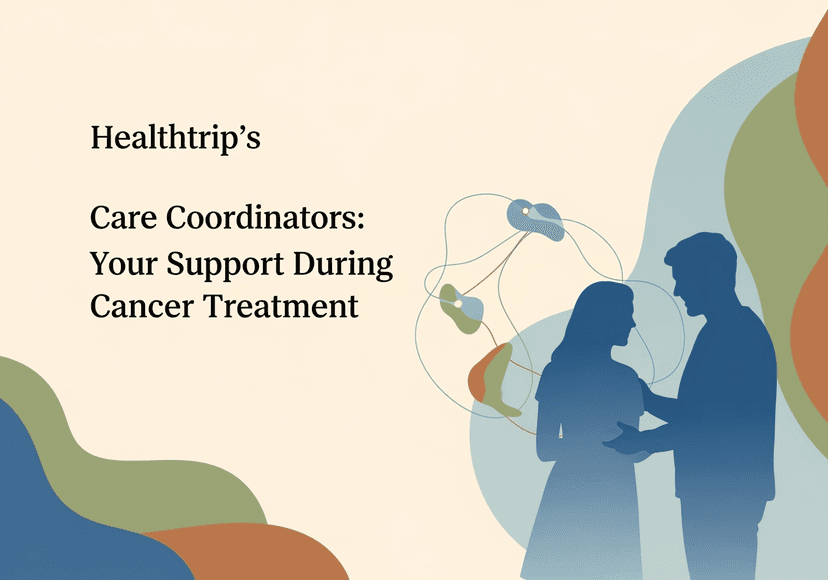
Healthtrip's Care Coordinators: Your Support During Cancer Treatment
Detailed guide on cancer treatment, featuring doctors, hospitals, risks, recovery,
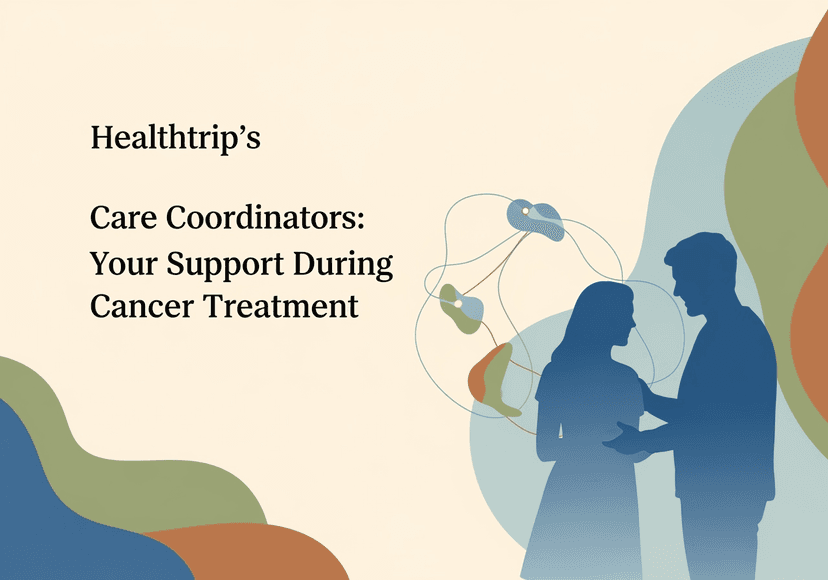
Healthtrip's Care Coordinators: Your Support During Cancer Treatment
Detailed guide on cancer treatment, featuring doctors, hospitals, risks, recovery,
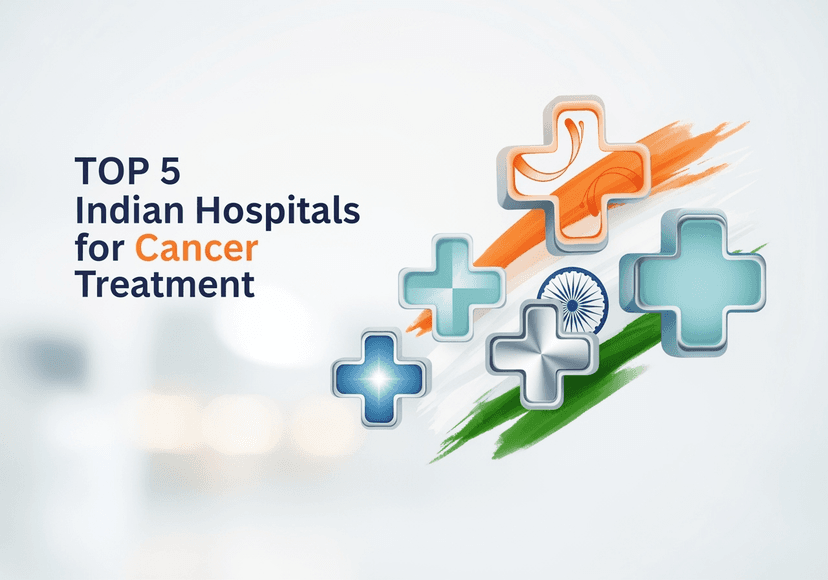
Top 5 Indian Hospitals for Cancer Treatment
Detailed guide on cancer treatment, featuring doctors, hospitals, risks, recovery,

Post-Cancer Treatment Diet and Lifestyle Tips
Detailed guide on cancer treatment, featuring doctors, hospitals, risks, recovery,










